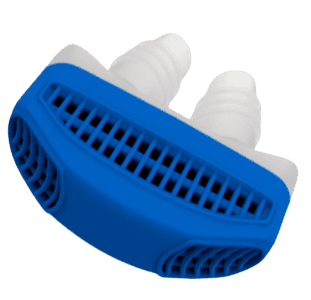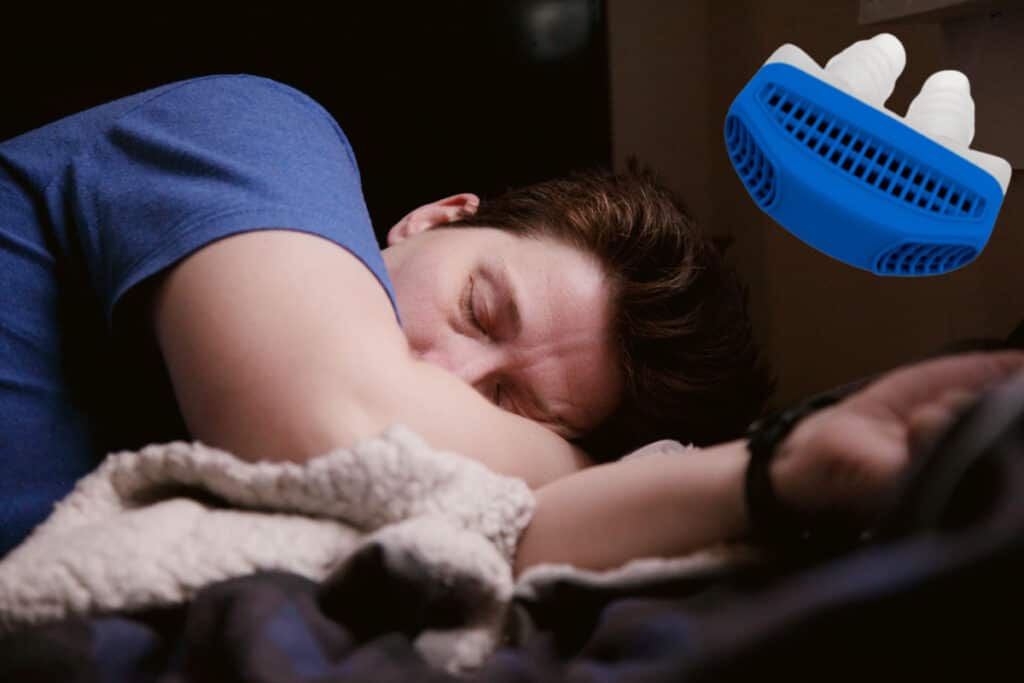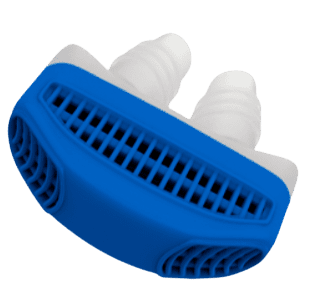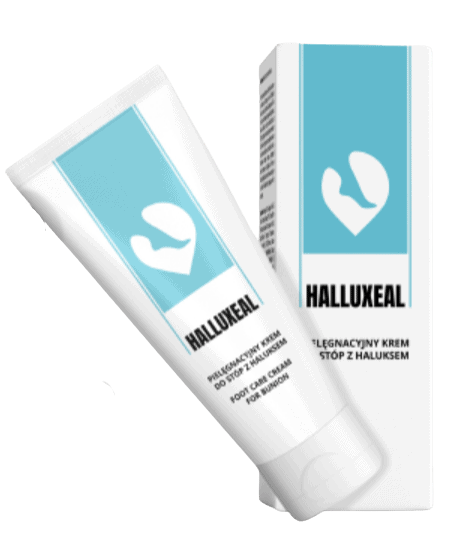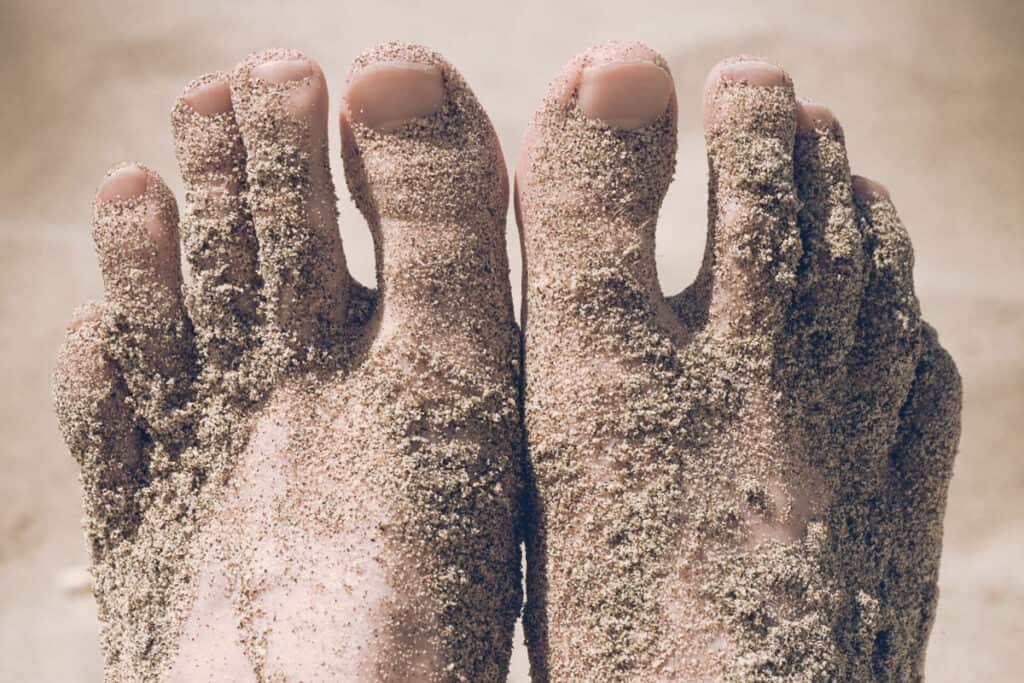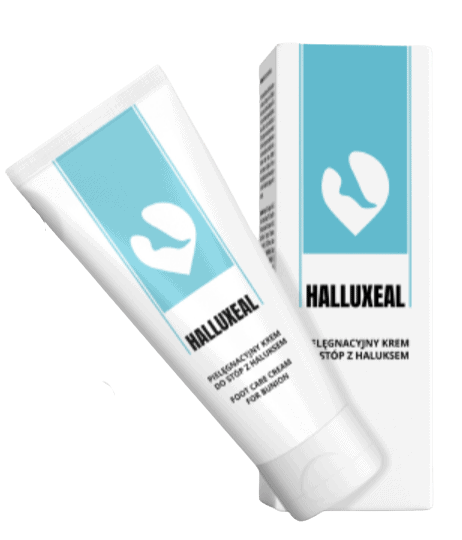Hearing problems, or gradual deterioration of hearing, is an affliction that many seniors face. Worse hearing does not occur only in old age, besides, even when such problems are not yet present, it is worth taking care of your hearing organ early. This is not always successful, and the treatment of hearing loss is sometimes ineffective if started too late, with severely advanced symptoms. So what should you do to avoid hearing disorders?
How to effectively protect yourself from hearing loss?
The most important rule is to avoid noise. Noise is responsible for most hearing problems, regardless of age. And importantly, it doesn't have to be constant exposure to noise at all, because all it takes is one loud and sudden sound for permanent hearing loss to occur. Impulse noise is the most dangerous, because although the sound is short, it has a very negative effect on the human hearing organ due to its loudness. Such noise includes, for example, the low flight of a jet plane, a loud explosion, a bang flare, a gunshot, fireworks, and emergency sirens.

To maintain proper hearing, it's a good idea to use proven supplements like the following Ottomax+ capsules, it is also advisable to limit going to concerts, discos, clubs, pubs, where the music is much louder than is recommended for health. If the noise occurs in the workplace, it is essential to wear protective measures to limit the strength of the sounds, also at home, for example, when using a drill, it is advisable to wear earmuffs. Headphones are also a considerable threat to hearing, and this is true even when music is not listened to very loudly.
Better hearing is also enjoyed by people who do not live in crowded, noisy cities - constant listening to passing cars, streetcars, buses, urban bustle at high volume does not benefit hearing, as well as well-being anyway.
Is it possible to reverse hearing loss?
Sometimes hearing problems and hearing deterioration have trivial causes and it is possible to reverse the condition - the responsible for hearing loss can be, for example, ear wax or a foreign body in the ear, and if the hearing loss is due to trauma, then after surgery, when the cause of the disorder disappears, hearing can return almost a hundred percent. There are also surgeries that deal specifically with the hearing organ - these are primarily procedures for damage to the eardrum, ossicles, cochlea, and sometimes surgery is performed to widen the ear canal. Also, when hearing loss is a consequence of an infection, its treatment can reverse the hearing loss.
Also read: recommended supplement to boost immunity, better sleep quality and increased energy.
Unfortunately, hearing problems and many cases of hearing loss are irreversible changes. It is not possible to remove the cause, but it is possible to implement a treatment that will make the patient able to hear what is going on around him anyway, despite the hearing defects. Such a method is usually hearing aids, or possibly implants placed under the skin. In simple terms, the hearing aid amplifies the sound that reaches the ear, so the patient can hear even a whisper or softly played music. Hearing aids are selected individually, according to the severity of the hearing loss, and nowadays there are many models of this device to choose from - modern hearing aids are much more comfortable than their old counterparts, you can hardly see them when you put them on, and they also have additional features, such as Bluetooth for wireless connection to a smartphone or TV.
What types of hearing loss are distinguished?
The hearing organ is made up of the outer ear, middle ear and inner ear. Depending on which of these parts is damaged, we speak of conductive, sensorineural or mixed hearing loss. Conductive hearing loss is hearing deterioration caused by disorders in the outer or middle ear. Typically, hearing problems are a consequence of ear diseases (otosclerosis, damage to the ossicles), middle ear infections, injury to the eardrum and systemic conditions. Conductive hearing loss is usually unilateral, in one ear only. It can also be caused by earwax or a foreign body in the ear. With conductive hearing loss, the following sometimes occur tinnitus. To combat tinnitus it is worth using Atinnuris supplement.

Hearing problems such as sensorineural hearing loss are a consequence of damage to the cochlear nerve, the spiral ganglion or the organ of Corti. Thanks do not reach the ear in the right way, so the patient does not hear accurately and also has a problem with clear speech itself. This type of hearing loss can be caused by congenital defects, or it is caused by acoustic trauma, temporal bone fracture, tumors, stroke.
Still other causes are metabolic diseases - people with diabetes, atherosclerosis, kidney failure often suffer from sensorineural hearing loss. Hearing loss can also occur with ear infections and after taking certain medications. In stabilizing normal blood sugar levels, the following will help. Diaxil capsules.
In mixed hearing loss, hearing losses typical of conductive and sensorineural hearing loss occur simultaneously. This is the most commonly diagnosed type of hearing loss, and it occurs mostly in the elderly, but it can be treated and effectively improve hearing comfort.
What are the degrees of hearing loss?
Hearing can be better or worse, and the loss is not exactly the same for all people. The method of treatment is also selected according to the degree of hearing loss, and this degree is determined by audiometric testing. The mildest form is mild hearing loss, in which the threshold level is 20-40 dB - a healthy ear can hear as low as 0 decibels. Moderate hearing loss, also called moderate, is a level of 41 to 70 decibels. Severe hearing loss, or significant hearing loss, is already a threshold level of 71-90 dB. Profound hearing loss, at which the patient can hardly hear anything anymore, is said to occur when the threshold level exceeds 90 dB.
What are the treatments for hearing loss?
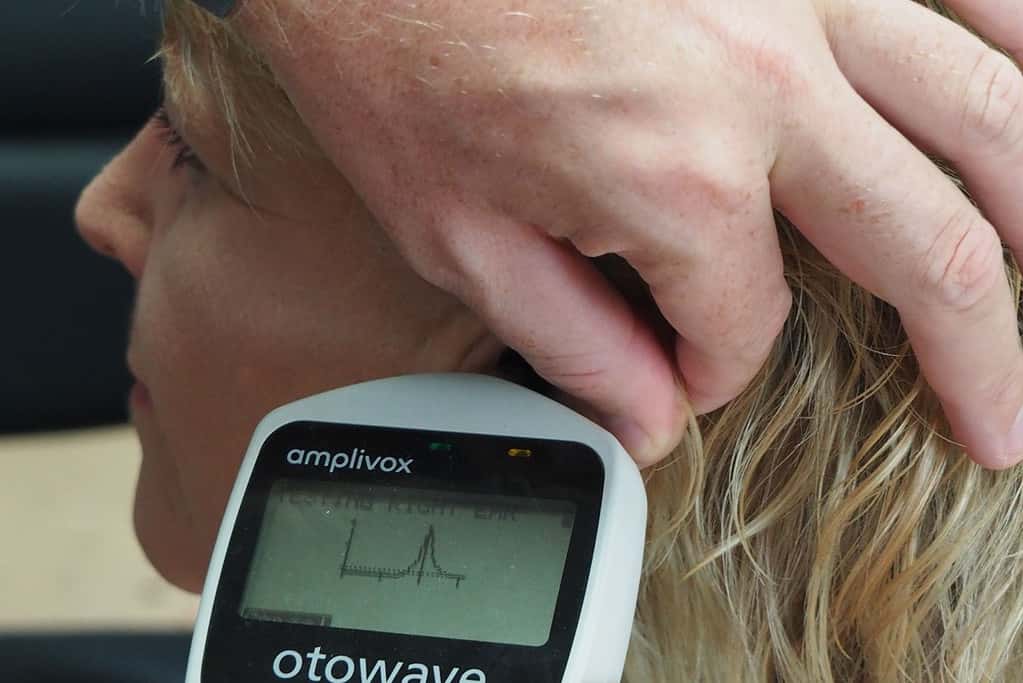
In addition to the aforementioned surgical procedures, in some people drug therapy provides good results for hearing problems. The drugs used remove inflammation in the hearing organ, decongest the ear trumpets, improve circulation, and promote regeneration of the body - as we age, hearing cells disappear, and they too are responsible for how we hear and whether the brain correctly processes the sounds we receive.
For hearing problems such as mild hearing loss or tinnitus, good supplements, such as those with ginkgo biloba extract, help. A healthy diet is more about prevention than cure, but it's certainly worthwhile with hearing loss to increase the variety of your diet so that your body - that is, also your hearing organ - gets more essential vitamins.
Read: Meltamin supplement for maintaining a healthy body weight
What are the first signs of hearing loss?
Hearing problems like hearing loss is an affliction that does not suddenly appear overnight, but develops over years. The onset of hearing loss may not even be remembered, because with a slight hearing loss one does not yet feel so much discomfort, and the changes are noticed more by loved ones than by the patient himself. Hearing loss manifests itself primarily by hearing sounds in the environment less well - human speech seems indistinct and too quiet, you have to set the TV louder, you ignore those quiet sounds altogether, or you only perceive a certain range of sound wave frequencies.
When is it a good idea to come in for a hearing test?
If you have had the feeling at least a few times that you are hearing worse than before, it is advisable to see a doctor. It's also a good idea to listen to your relatives, who point out that we listen to the radio or TV louder and don't always get the full meaning of the conversation. In addition, it's a good idea to go for a checkup when you turn 50, and make follow-up appointments every year. Hearing tests are also recommended for people who live in large cities, have worked in noisy workplaces or have a family history of deafness.
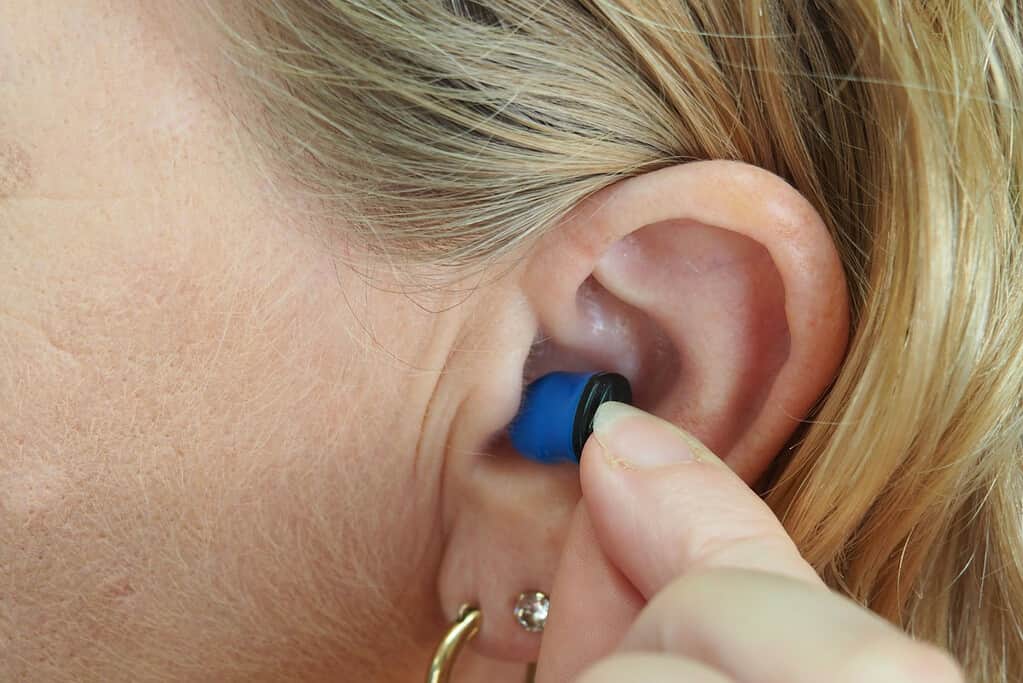
Does hearing always deteriorate in old age?
Hearing loss is one of the symptoms of aging. This is due to the loss of auditory cells and degeneration of the auditory nerve, and is generally compounded by other factors, such as high blood pressure, diabetes, many years of working in noise, and ear infections not treated in youth. Weaker hearing is like deteriorating eyesight - most older people experience this. However, it is not something that necessarily occurs in old age, besides, with proper prophylaxis, senile hearing loss can develop only mildly.
Instead, it is important to react to changes as early as possible, at the first signs of hearing loss. With less hearing loss, there are still chances to reverse the condition, or a minimally invasive method will suffice to restore full comfort. However, many seniors are reluctant to see a doctor about it, or recognize that it is the natural course of things and nothing can be done.
Why should hearing loss treatment be encouraged?
Poor hearing is a very troublesome affliction, in some situations worse even than impaired vision. First of all, hearing impaired people have a big problem with efficient communication with the environment - they do not understand what is said to them, individual words or syllables escape them, the other person's speech seems too quiet. Many people are embarrassed to ask to repeat or speak louder, and this leads to social isolation - the patient does not want to expose themselves to embarrassing situations and avoids other people. It also makes it difficult to make phone calls, and with more severe hearing loss, even a loudly tuned TV doesn't allow you to hear everything.
Thus, hearing loss has serious social consequences, in addition to posing a threat to daily existence, because the senior cannot hear, for example, an oncoming car or someone's verbal warning. Hearing loss can also cause disorientation in the field and accelerate senile dementia. It has also been noted that with hearing loss, the risk of depression and other mental disorders is greatly increased.
Also read: effective ointment for joint pain.
What does tinnitus consist of?
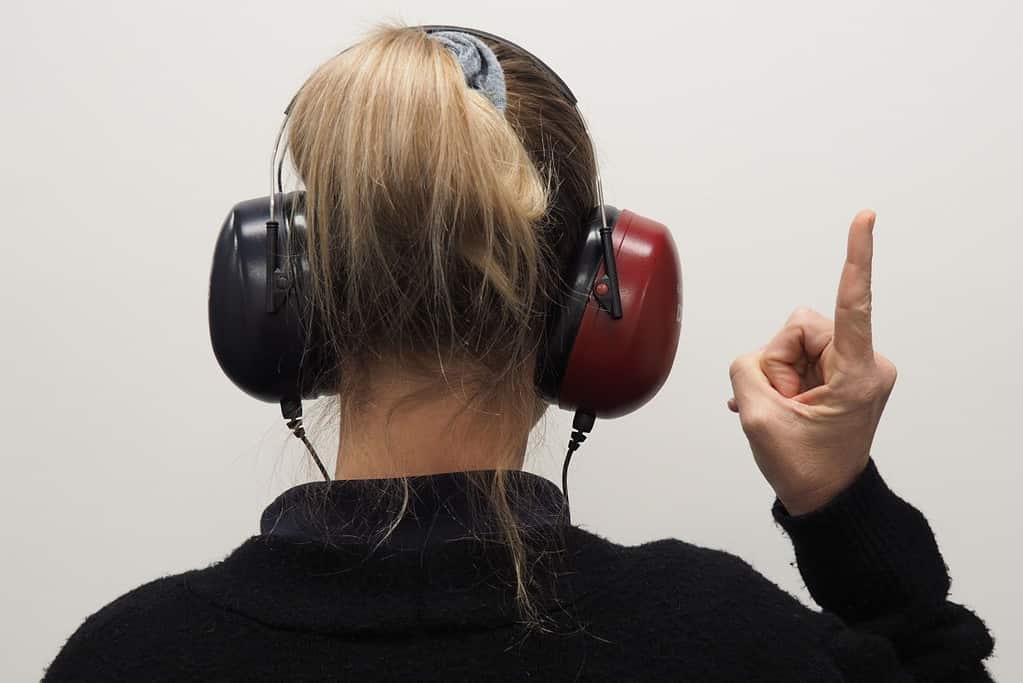
Tinnitus can be added to hearing loss. These are sounds that do not come from outside, but are heard only by the patient, in his head. These are very unpleasant sounds, such as humming, buzzing, whistling, knocking, and cannot be simply "turned off". On their own, they are not a disease at all, so they are difficult to diagnose and treat effectively, nevertheless, it is advisable to implement appropriate management, in addition, tinnitus contributes to depression, insomnia, irritability, and makes normal existence extremely difficult.
Treatment of tinnitus is done in various ways. Supplements that act on the causes of the tinnitus are highly effective; for many people, specially selected relaxation techniques are also ideal, allowing them to calm down and fall asleep despite the persistent sounds heard in the head.
How to do a hearing test?
The level of hearing loss is assessed by tonal audiometry. During the test, the patient sits in a perfectly muffled booth so that no outside sounds reach him. He hears only what is in the headphones he is wearing on his head. The test requires the patient's cooperation, as he has to answer the doctor's questions and evaluate the sounds he hears, so there will be a problem with examining hearing loss in a disabled or almost completely deaf person. Audiometry provides very precise results and an objective assessment of someone's hearing loss.
What is sudden deafness?
Hearing loss is a slowly developing ailment, but hearing can also be lost suddenly. In what way? The most common way is during an injury to the ear or head - removal of the injury can return hearing, but when there has been extensive and severe damage, it will be permanent. There is also sudden deafness caused by a sound impulse, besides, rapid hearing loss occurs through bacterial and viral infections (such as meningitis), rapid changes in pressure, taking ototoxic drugs.






